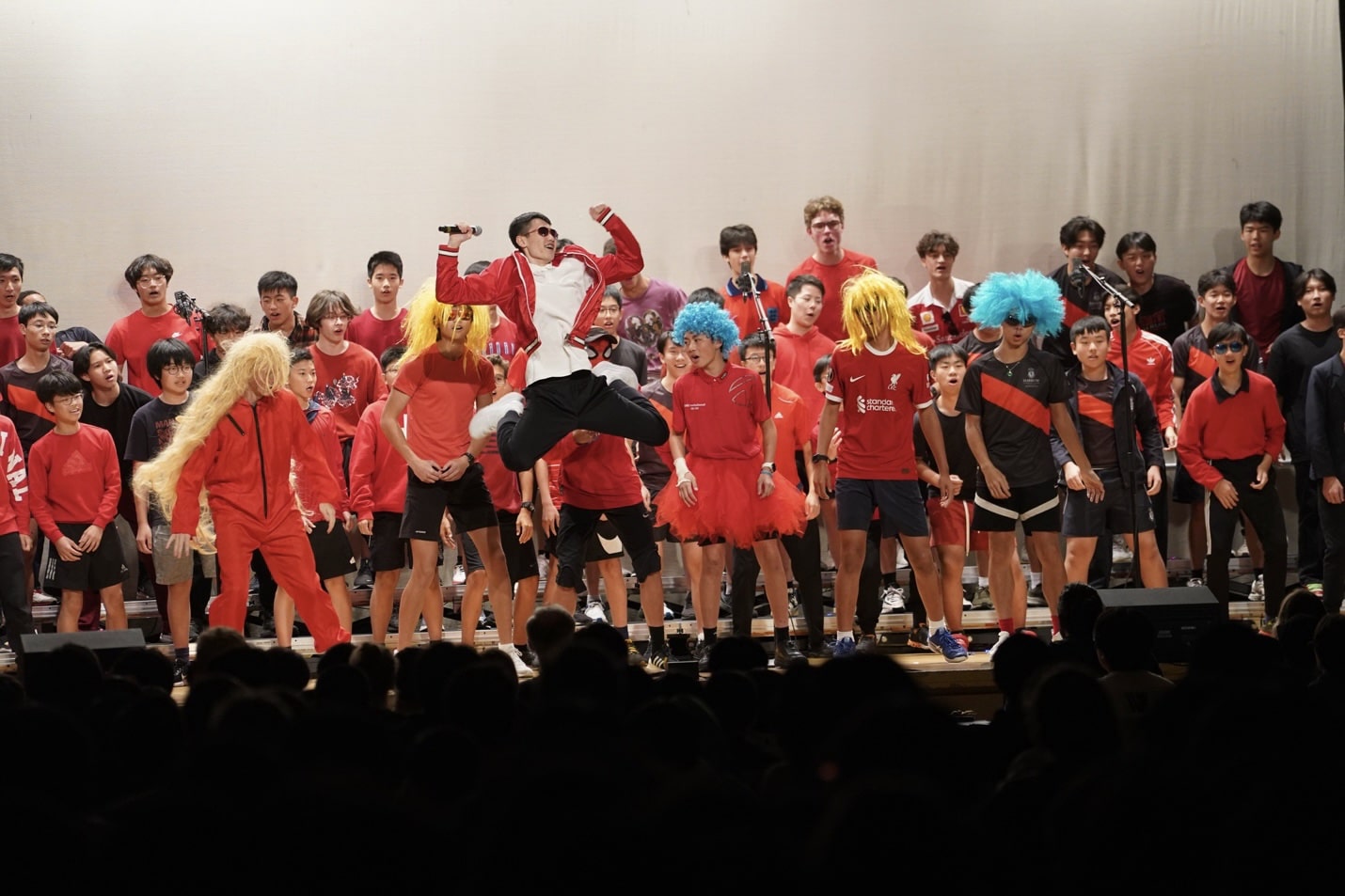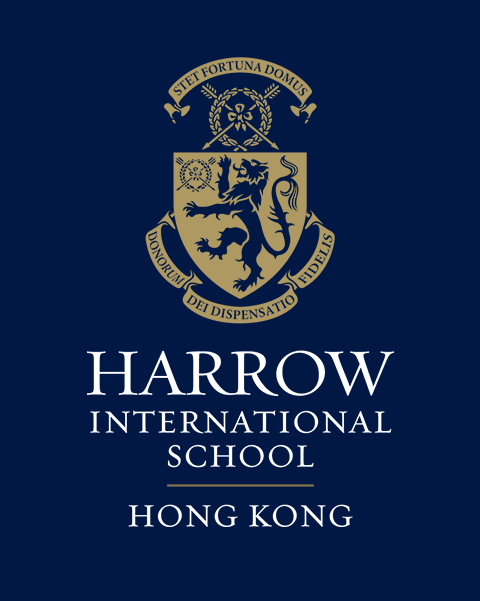
Venturing through the numerous pathways of extracurricular activities is akin to discovering a wealth of opportunities that mould students holistically. Far removed from the confines of academia, they offer an abundance of experiences that hold the power to shape individuals into well-rounded beings. In this article, we explore some of our extracurricular strategies to consider in the educational sphere and the benefits they may bring to students today.
What is the Essence of Extracurricular Activities?
At Harrow International School Hong Kong, extracurricular activities or co-curricular activities, can include everything from sports to the arts and volunteer work, make up the vibrant melting pot that is a student’s academic journey. Rather than being merely curriculum add-ons for academic purposes, they are indispensable tools for personal growth and skill development. Engaging in these diverse activities takes students on an experiential learning path where meaningful connections meet practical application to further a holistic approach to education.
This holistic development of a student is not just about excelling in academics; it also involves growth in intellectual, moral, emotional, and physical areas. This is where extracurricular activities play an integral part of this personal development journey. From the creativity and fitness nurtured in a dance class, to the ideals of teamwork and resilience learned through sport, through to the crucial critical thinking and freedom of expression that comes from involvement in the arts – these areas lay the very groundwork for a well-rounded educational journey.
What is the Role of Extracurricular Activities in the Development of Leadership Skills Among Students?
Engaging in extracurricular activities initiates a dramatic shift that shapes people into capable individuals who are adept at navigating the challenges of the real world. In addition to receiving academic honours, students leave with improved interpersonal skills, leadership aptitude, and a tenacious spirit that has been formed through hardship. Students obtain a sense of responsibility, self-assurance, and flexibility through extracurricular activities, which equips them to take on obstacles head-on and succeed in both their personal and professional endeavours.
Interacting with classmates can help students see themselves through their eyes, which in turn can boost our self-confidence and leadership skills. That’s why teachers should motivate students to join clubs and activities outside of class to help them grow as leaders and build their self-image.
